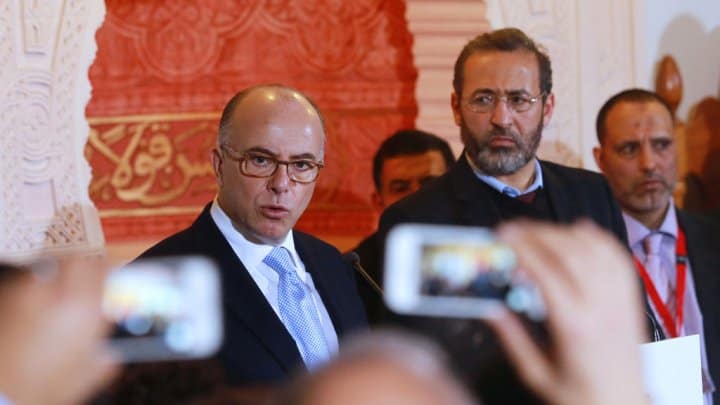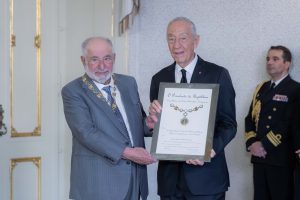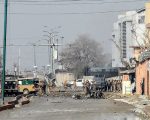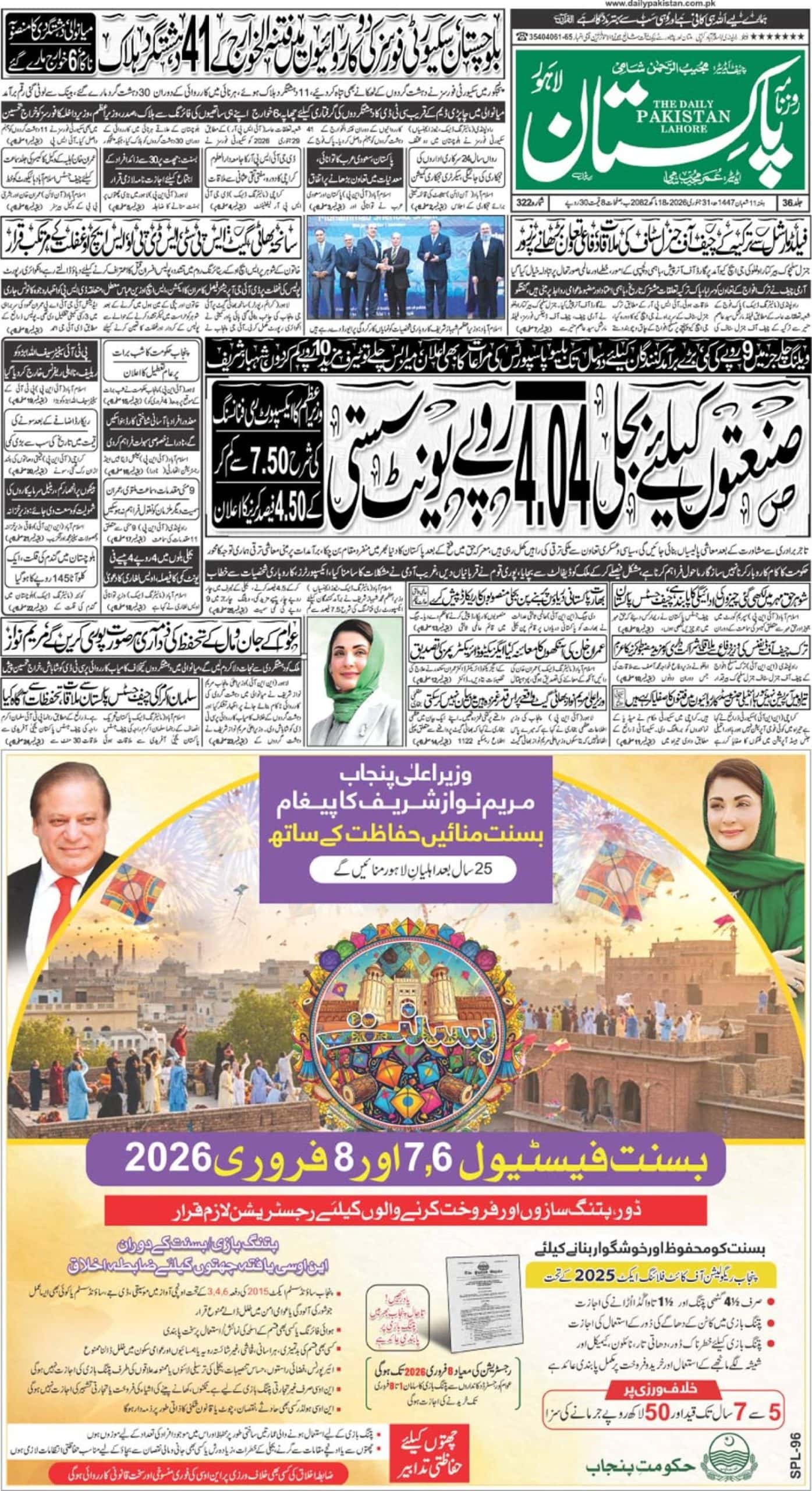PARIS (Web Desk) – France said Wednesday it will encourage imams to take civics lessons amid fears of growing radicalisation among its Muslim community. But could the country be jeopardizing its secularist tradition by treading on religious ground?
Interior Minister Bernard Cazeneuve on Wednesday outlined plans to combat radicalisation among France’s large and diverse Muslim community, with the emphasis of the reforms placed on opening channels of dialogue between the government and Muslim leaders.
Cazeneuve said France would establish a new forum for dialogue that would include the participation of the official French Muslim Council (CFCM), as well as imams and intellectuals who represent a wider section of Muslims living in the country. The minister said better protecting Mosques and Muslim centres amid an escalation in Islamophobic attacks was also on the agenda.
However, one announcement drew particular attention: the French government will push imams to take university-level civics classes. French authorities are acutely aware of the conundrum this last reform poses. France’s staunchly-defended laicité, its strict interpretation of the division between church and state, prevents the government from intervening in the organisation of a religious group.
Cazeneuve was quick to underscore that the diploma in French secularism would not be mandatory for imams, unless they were Muslim chaplains working in prisons or the military.
French media have extensively reported on the radicalisation of youths while incarcerated; two of the three attackers involved in the Paris attacks in early January adopted extreme Islamic views while behind bars.
In the wake of the deadly violence, and amid rising anti-Semitism in France, some are applauding the idea of more civics training for imams before they are allowed to give spiritual guidance to inmates.
“It’s a step in the right direction,” said Pierre Conesa, a former Defence ministry official who recently wrote a report on countering radicalisation in France. “The idea is that the chaplains [working in prisons] will be recruited by the justice ministry. In the past they’ve worked almost on a volunteer basis.”
But even a seemingly modest and sensible initiative raises a difficult question. By trying to defend its cherished secular identity by keeping fanaticism at bay, in prisons and elsewhere, is France in fact endangering laicité when it engages in a process of vetting imams?
An ‘anti-secular’ attitude
According to Odon Vallet, a French academic and expert on the history of religions, French authorities would be wrong to provide chaplains with any theological training, regardless of political affiliation. “Whether Jewish, Catholic, Protestant or Muslim, chaplains can only receive theological training from their own religion,” Vallet insisted.
On the other hand, he said the government would not be jeopardising its secular principles by “demanding a certain conduct” from chaplains in regard to the state’s authority and knowledge of French law. In other words, the state could require civics training for imams, but classes should never stray into religious debate.
Other experts are less ambiguous. “I think the government is completely on the wrong trail, it has adopted a completely anti-secular attitude,” said Henri Pena-Ruiz, a French philosopher and author of the Dictionary for the Lovers of Secularism (Dictionnaire amoureux de la laïcite).
He said the idea of using public money to finance civics lessons for imams would create a dangerous dependency between the state and religious entities, and was reminiscent of France before the 1789 Revolution.
“Laicité today is based on mutual independence,” Pena-Ruiz insisted. “I think the state has no business straightening up the house of any religious group. The state’s duty is to uphold the laws of the Republic, ensuring they are respected by everyone – that’s it.”
Two-tier laicité?
There is at least one other problem with the measure, and that is the danger of two-tier laicité: one for Islam and another for other religions. The founding principle of laicité is that the state makes no distinction between religions and no faith is placed above another under any circumstance.
Cazeneuve made no mention of mandatory university diplomas for Catholic or Jewish chaplains.
In the past France has often treated Islam as an exception to the rule, and to some observers it appears that history is being repeated. In their drive to stamp out radicalisation, French authorities may only be discrediting laicité and fermenting bitterness among millions of its citizens who will once again feel like the targets of discrimination.
“I am not sure Muslim leaders are going to happily receive the news that they need to be re-educated,” said Pena-Ruiz. “I wonder if Muslims are not going to feel humiliated by a government who is telling them, ‘we’ve got our eye on you’.”
Muriam Haleh Davis, a PhD candidate at New York University whose research focuses on race, decolonisation, and development in Algeria, said French Muslims are persistently asked to denounce certain acts, or prove their loyalty to French democracy, in ways that members of other faiths are not.
“Today individuals whose parents or grandparents were born in Muslim countries are full citizens. But they are still treated as if their religion was the most important factor to explain their behaviour – regardless of their degree of religious practice or attachment,” the Lyon-based researcher wrote in an email.
While the reforms targeting Muslim chaplains are stirring prickly debates, they are unlikely to meet with full-scale protest. Hundreds of imams might soon be heading back to school. Nevertheless, the French government should be extremely vigilant in its latest move to make Islam politically acceptable.
Davis warns: “Attempts to use the discourse of laicité to maintain that the Muslim population is somehow not sufficiently ‘French’ can only be resented by a population that has been in France for generations and yet are still often seen as foreigners or ‘immigrés’.”














